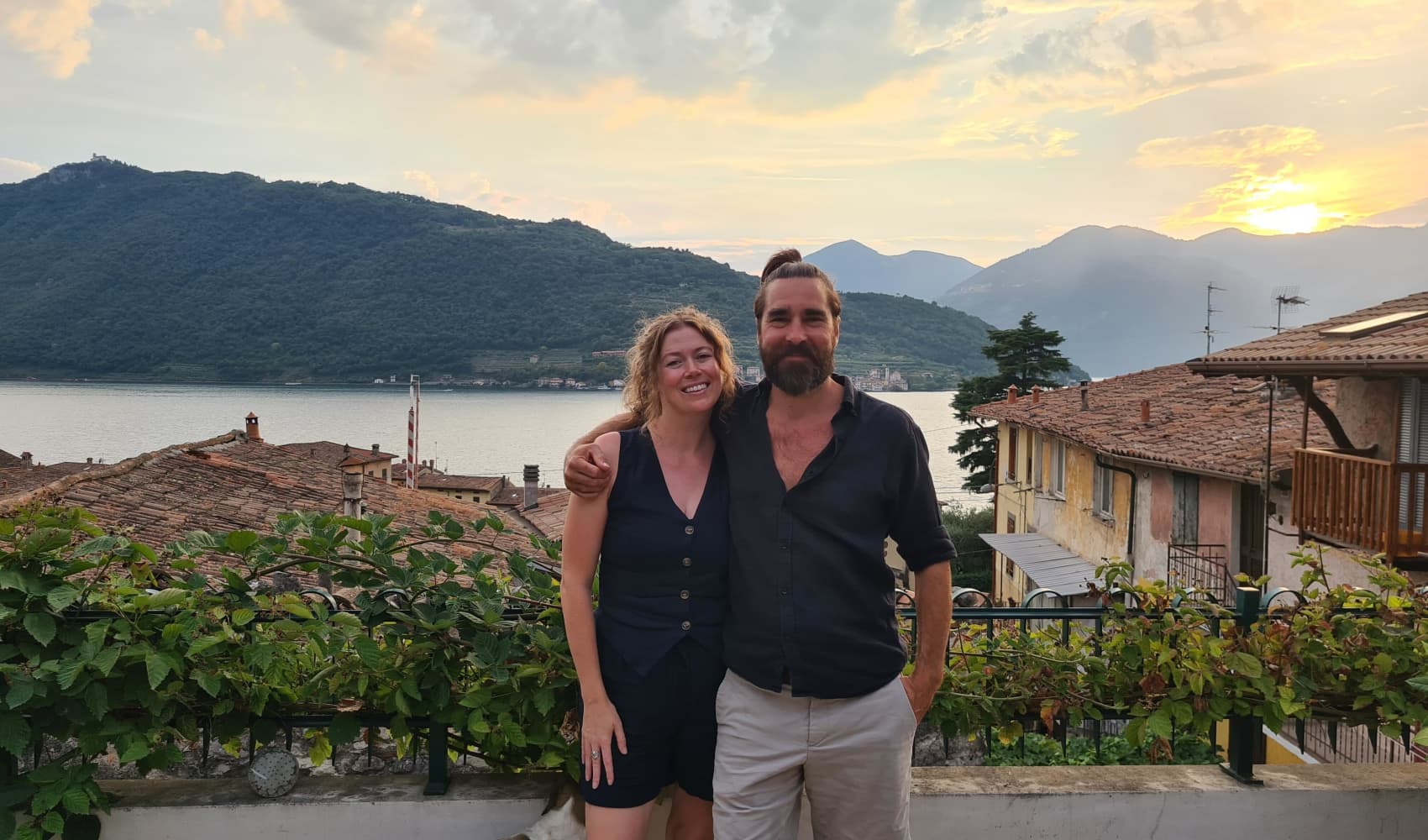
Seemingly every tourist in Rome knows the key to returning to the Eternal City is to toss a coin into the Trevi Fountain and make a wish. The result: Hoards of visitors packing the Baroque monument any given day, taking selfies and betting on a return trip.
Officials are now considering a plan to manage tourism to one of Rome’s most-visited sites: A 2-euro ($2.25) ticket to access an open-air fountain that has always been free of charge.
The proposal by city’s top tourism official, Alessandro Onorato, comes after the Italian lagoon city of Venice tested a controversial 5-euro daytripper access fee to the city this summer. It must be deliberated by the City Council before it takes effect, but the city’s mayor, Roberto Gualtieri, has already voiced support.
Get Tri-state area news delivered to your inbox. Sign up for NBC New York's News Headlines newsletter.
“Two euros is more or less the same amount that people toss into the fountain to make a wish,’’ Onorato told The Associated Press Friday.
Cities across the globe are grappling with how to manage the ever-growing number of tourists, who fuel the economy but can create inconveniences to residents by converging on the same top sites.
“We have to avoid, especially in a fragile art city like Rome, that too many tourists damage the tourist experience, and damage the city,’’ Onorato said. “We need to safeguard two things, that tourists don’t experience chaos and that citizens can continue to live in the center.”
Onorato said he hopes to test the entrance fee, which would be managed through a reservation system and a QR code, in time for the 2025 Jubilee Holy Year, and have the system operational by spring.
Passersby in the piazza overlooking the fountain will not have to pay. The fee would be charged only to those entering the nine stone steps leading up to the fountain's edge. It would be free to Romans.
Onorato said the system would also help discourage people from eating on the steps overlooking the fountain and feeding pigeons or, worse, from reenacting Anita Ekberg’s plunge into the fountain in Fellini’s “La Dolce Vita,” a frequently repeated offense that carries a fine.
“It would happen less, or maybe it wouldn’t happen at all, because whoever would enter, we would know their names and where they live. It becomes more complicated,’’ he said.



